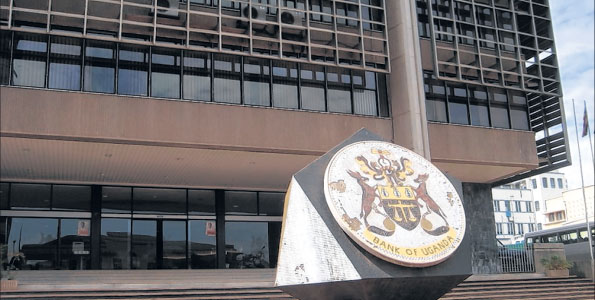A report by Parliament’s National Economy Committee has warned that if Uganda was to face any major economic crisis, this would render the current Shs75.675 Trillion debt unsustainable.
The warning was issued by Robert Migadde, Vice Chairperson Committee on National Economy while presenting a report on the request by Government to borrow Shs265Bn for the construction of a new home for the Uganda Heart Institute.
While highlighting the impact the latest loan will have on Uganda’s public debt, Migadde revealed that the iinterim total public debt stock as at end March 2022 was Shs75.675 trillion, just about 49.4 percent of the GDP, which is a 7.8% increase from the stock recorded in June 2021.
Migadde revealed that the approval of this loan will increase the external debt exposure for public and publically guaranteed debt by US$70 million and the share of GDP by 0.17 percent to 49.57 percent.
“Even though public debt will remain within the sustainable levels, Uganda is rated at moderate risk of debt distress. If Uganda experiences an adverse shock, leading to a decline in GDP growth, some of the debt risk indicators will exceed the PDMF thresholds rendering our debt unsustainable,” said Migadde.
The latest loan to the Uganda Heart Institute will finance Construction of the Clinical Block, Research and Training Block, Staff Accommodation and Maintenance Block, and External Works on the 10acres in Nakawa-Naguru and the project is expected to be completed within four years.
The loan has will be financed by a consortium of three lenders; Arab Bank for Economic Development in Africa (BADEA), the Saudi Fund for Development (SFD) and the OPEC fund for International Development (OFID).
The Committee described the terms of these loans as soft and favourable, when compared to commercial and domestic borrowing, highlighting that the loan facility comes with a five year
grace period, a maturity period of at least 20years. The Loans from SFD and BADEA are at a fixed interest rate of 2% while that from OFID has its interest rate on variable terms that are determined by the market forces of demand and supply.
Only the Loan from OFID has commitment fees of 0.25% of the undisbursed loan funds and; a one off front end fee of 0.25 percent of the loan amount payable within 90days from the date of effectiveness.
Parliament also recommended to the Ministry of Finance to engage the financiers so as to improve the financing terms to more concessional, in particular increasing the repayment period for the BADEA and OFID loans to minimum of 20 years in order to reduce the liquidity pressures of debt servicing and maximise on investment returns for the project.





